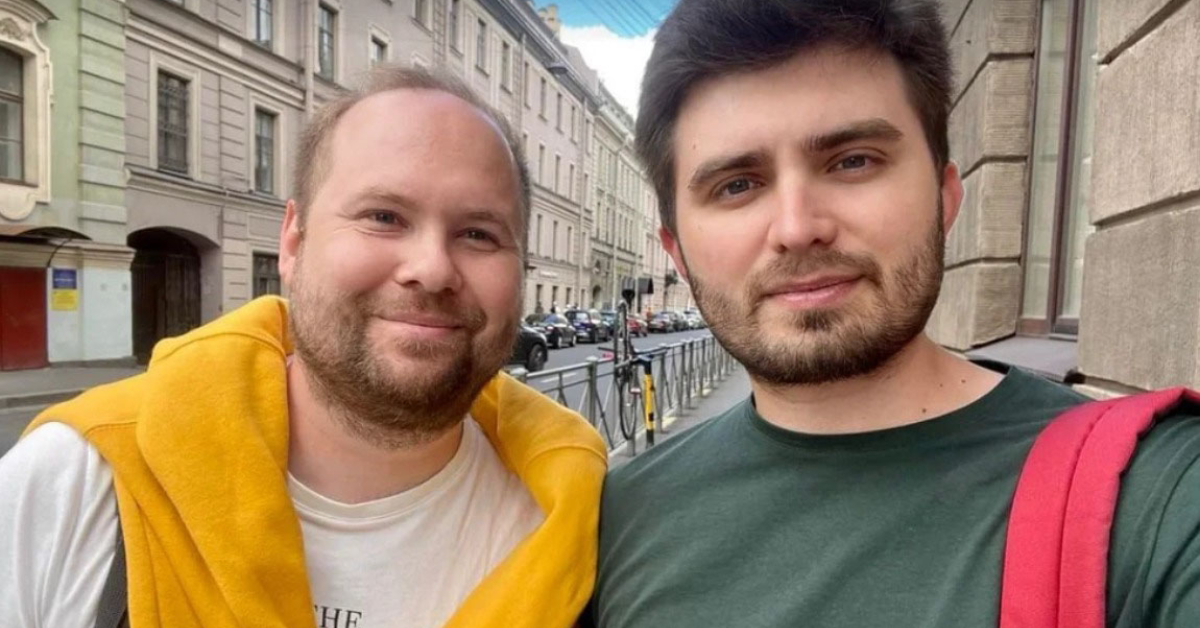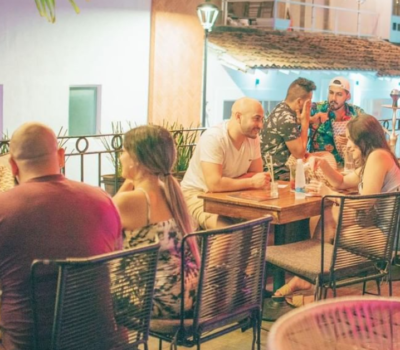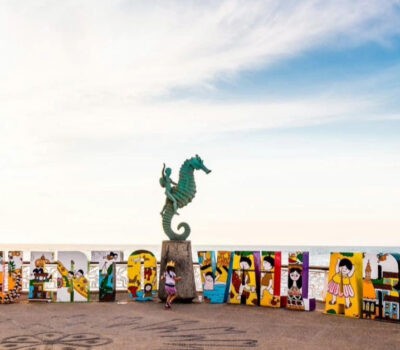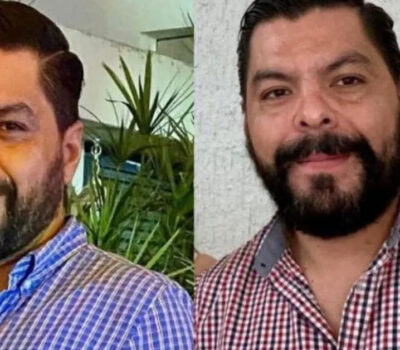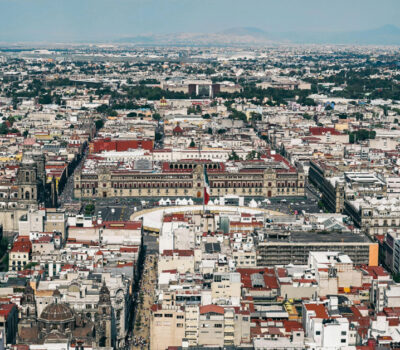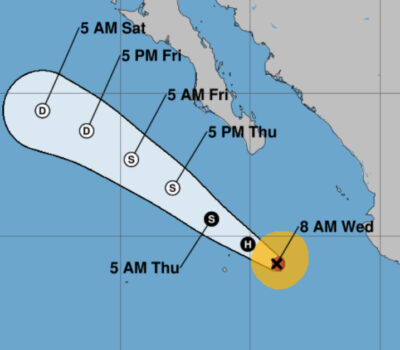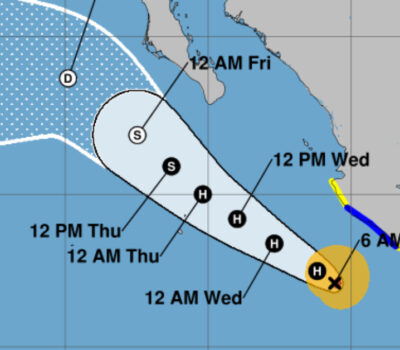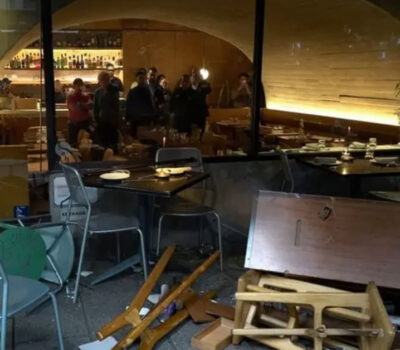If learning a language is complicated, going to live in another country completely changes the vision of what one already had and for Pavel (33 years old) and his boyfriend Alexander (25 years old), it was not a whim to come to Mexico, but it was a need to leave Russia to feel free.
According to Pavel, they decided to sell all their things that they had in Russia “apartments, household appliances, and so on. Everything was sold. We bought tickets from St. Petersburg to Mexico City.”
“We flew through Istanbul for 24 hours and we brought our two cats and a dog because they are our family.”
Both their families know about their sexual orientation, but when a couple from the community wants to live together it can be complicated as “being gay in Russia, specifically, living with a partner is dangerous”.
“We worked as teachers in a public school, it was doubly dangerous so we were constantly hiding. As soon as the neighbors became suspicious they would ask us why we are together or why we don’t have girlfriends.” This caused them to “threaten sanctions or physical violence”.
In itself, they did not receive a threat as such, from the government, but from their work group, they resented homophobia.
Pavel says that he did not receive threats from the government, but at work, his superior made senseless and even prejudiced comparisons to him. “Personally at work, I faced very serious harassment from my direct boss: he compared me to Elton John in a negative way and told me that I couldn’t work with children”, he said.
Alexander said that the government did not threaten him, but “there was ridicule at work, among my colleagues and parents of my students towards me.”
The young couple said that despite the fact that Russia is known to be a country that prohibits all kinds of affection from the LGBT+ community, they recounted how repression is experienced in their environment and in the face of a little empathic and tolerant society.
“You have to understand that Russia is a big country and there is a big difference between living in an LGBT+ community in the city and in the province. We were born and grew up in the province, in the Ural Mountains, central Russia, and there they could easily spot us, we left as best we could.”
“We were born and raised there, although the community almost never comes out of the closet. There is a network communication now, but there are no social events, no organizations, no movement because it is threatened, mainly, with physical violence and murder in big cities like: Saint Petersburg, Moscow, Kazan and Novosibirsk”, they commented.
“Recently all LGBT+ places have been banned and advertised in big cities, there are even gay clubs, but they are very dangerous. The LGBT+ community does not publicly announce its presence, but for example, there are regular protests for the rights of people in St. Petersburg. In general, it is not customary in Russia to speak publicly about your sexuality or gender identity.”
“The community is afraid and it is fragmented, it does not have a single center of ideology. I also want to add that in Russia there are laws that prohibit LGBT+ propaganda on children and adults.”
Seeing these kinds of problems, they decided to leave Russia to come to Mexico, their first option because “they have a friend who moved two years ago and who is an LGBT+ representative.”
The two have been together for more than six years. They met when they were university students, “next February we will celebrate seven years of knowing each other.”
Pavel confessed that they met through “the dating app ´Hornet´ and on our first date we went to McDonalds”.
They saw that not only is Mexico gay-friendly, but also how society behaved towards gay people on the street (which is not seen in many countries), they commented that this was what surprised them the most.
They left everything in Russia to come to live better in Mexico: “It was terrible, we left the country where we were born and grew up for a large part of our lives, but seeing that in Mexico they are good, open and happy people, we realized what we were deprived.”
“It’s an existential shock and you realize that it’s okay but it also makes you sad that you haven’t lived a free life for 30 years.”
“We saw two men walking and kissing, I realized that I was stripped of all that.”
They only know “four friends, of our Russian friend, and they are all from the LGBT+ community, very nice: very nice men who have accepted us with good character, who sympathize with us, and literally this week we celebrate two months of living here and they organized a party for us. It was very nice”.
Now they are faced with the job search, “we advertise on Facebook to see if we can get work while we are in talks with the migration institute, we are waiting for an interview to be refugees.”
But that has not prevented them from learning the city, they have visited various places, in addition to the fact that they are trying to learn Spanish.
“We are happy to share our story because it can be useful for refugees like us who are here. It can open a new perspective and of course, it can enlighten the LGBT+ community about what is happening in Russia”, they concluded.
If learning a language is complicated, going to live in another country completely changes the vision of what one already had and for Pavel . . .

